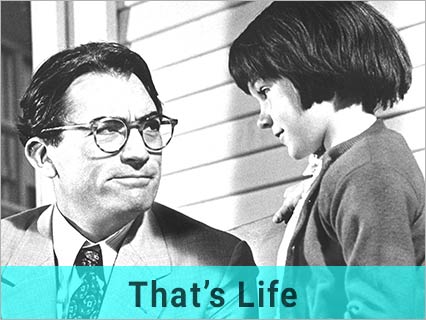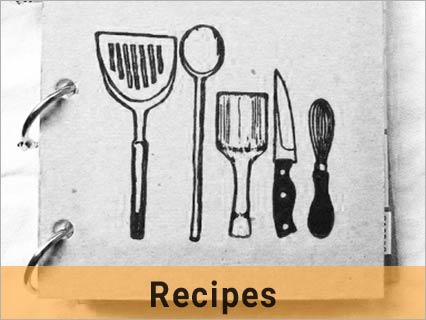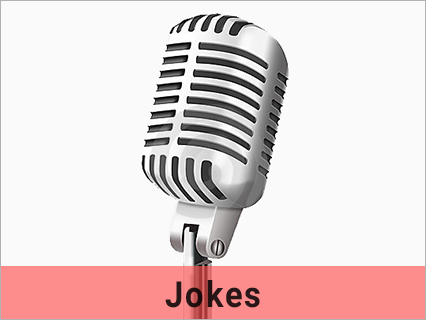A reason not to knock the NHS.. (part 1)
31 Mar 2025
Dear LPG,
My story is a little long-winded, but there is a moral, I promise…
It has become a tradition, especially since Covid, to knock the NHS and deride it as a poor service. Previous experience, however, has shown that this is far from the case. My direct knowledge of the NHS covers my entire life from childhood to the present day, and while I would agree with anyone who suggests it can be slow to treat less serious ailments, my experience after being in a car crash, during which we were forced off the road by a boy racer, went into a ditch and were abruptly halted by a tree, does not bear this out.From the moment help arrived, apart from the involvement of a fledgling police officer who was determined to make an arrest to improve his promotion prospects, kept on getting in the way of the other emergency services, both my partner and I were made to feel that we were the only people in the world that mattered; by both the paramedics and the doctors who treated us in the emergency department. The care and attention bestowed upon me by the staff who attended my subsequent recovery were exemplary.
In the 1980s, as a young freelance architectural technician (architectural technologist), I was offered the opportunity to work in Africa. The actual work wasn't architectural at all. Still, there was a minor recession in the UK then, and I was looking for a new contract. I jumped at the chance when offered an interview by an American oil company 'Chevron' or at least their UK subsidiary ‘Chevron Petroleum UK Ltd.’ The latter was a subsidiary company set up by ‘Chevron’ to take advantage of the emerging North Sea oil bonanza to go and work in Sudan, where they had discovered oil and were establishing the extent of the oil fields. My job was to draw everything from bush airstrips to oil drill site layouts and even a weed cutter for a river tug. It was fascinating work and involved everything from designing field campsites to saving costs by turning ISO containers into accommodation units - as it was cheaper to do this than send the empty containers back to their point of origin.
The company covered our medical care. It provided a local medical clinic and a 'get you home service' that used business jets to return seriously ill patients home.
The incident I'm about to relate will show you how excellent our medical service is.
Some colleagues and I, a mixture of British and Americans, were on our way back from an afternoon on Om-Dom island, a sandbar splitting the White Nile just to the east of Khartoum's new extension, when we saw an individual prostrate in the middle of the road, with cars flashing past him oblivious of his dilemma. It isn't that the Sudanese are not kind and helpful; I think the reason we saw him, and this was at night, is that we were in a jeep, which is slightly taller than most cars allowed us to see him, where others couldn't.
Inevitably, the Brits among us had no hesitation in doing what 99% of people in the UK would do: stop the car and offer help. While we didn't speak much Arabic, it was pretty obvious this guy had been hit by a car and was thus in no condition to get himself to hospital.
What do you do in this situation, and remember, this was back in the 1980s when there were no mobile phones (indeed, in Sudan, everyone who worked for the company had a shortwave two-way radio, as this was more reliable than the local phone network). Naturally, we tried to get help, and with that in mind, a colleague and I immediately went to the nearest hotel and demanded a phone, for which the gentleman behind the counter asked, what? However, our response that someone was lying in the road injured didn't elicit the action we expected, which would have been for the gentleman to pick up the phone call for an ambulance.
In response to his blank stare, we said, "We need to get an ambulance", at which point comprehension dawned. However, his response failed to impress, as instead of grabbing the phone and dialling - whatever the emergency number in Sudan was, he raised eyebrows and said, "Has he got a card?".
After a moment of silence, we managed to elicit from the somewhat recalcitrant gentleman that if our casualty wanted an ambulance, he would need to have a card showing the name of the ambulance company of which he was a patron, which would, of course also carry their phone number. As you can imagine, this brought us up somewhat short, and after a few moments of deliberation, we asked the gentleman how one obtains an ambulance for an injured person if he doesn't have a card. The blank stare that followed the question answered it! One of our American colleagues then said, so what the hell do you do if you want to get to hospital and are not fit to sit in the back of a car?" After a moment's consideration, the gentleman behind the counter said, "Well, you could try persuading a police officer to take him."
It might initially sound odd that he would say this unless you knew that most Sudanese police officers drove pickup trucks. He thought the injured man was less likely to suffer further injury on the flatbed pickup truck - most considerate. So, we returned outside to join our colleagues who were keeping an eye on him and asked one of the several bystanders who had arrived in the meantime to see what was going on and how we could get help from a police officer. The question, however, proved unnecessary because, at that moment, a police vehicle was approaching and had slowed down to see what the commotion was.
We flagged it down and explained the situation to the police officer, who thought for a moment and then looked at us and held out his hand, demanding a hundred Sudanese pounds as a fee for transporting the injured man to the local infirmary. There was a moment when each party member looked at the other. Still, in true British style, a colleague pulled out our wallets to produce the requested hundred Sudanese pounds; in the process, revealing we had sterling and the instant he saw this, he demanded one hundred pounds instead. To our surprise, however, having pocketed the money, he extended his hand again. Again, blank stares from us as we had just handed him a hundred pounds.
to be continued...







